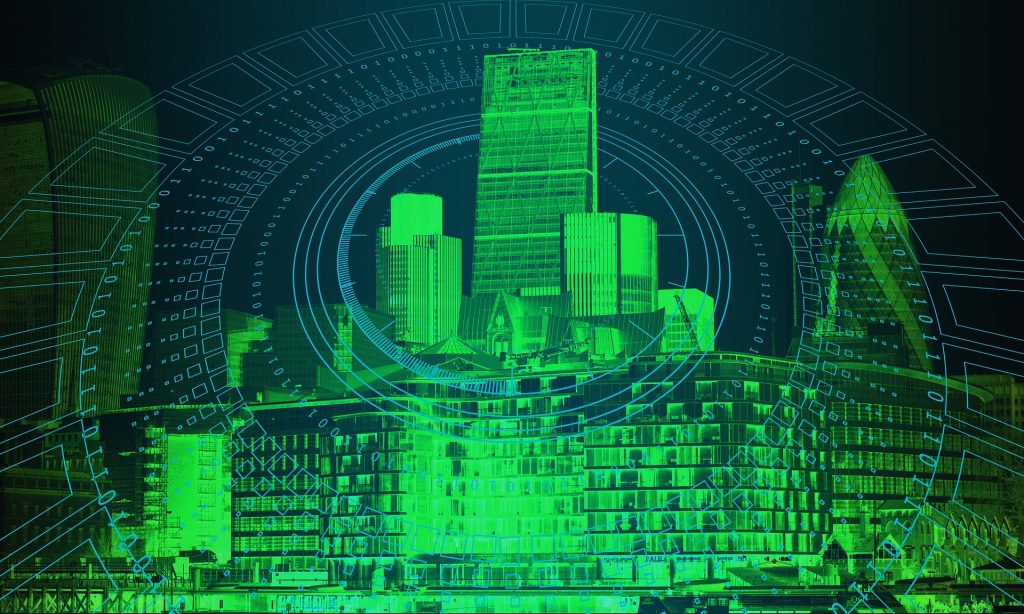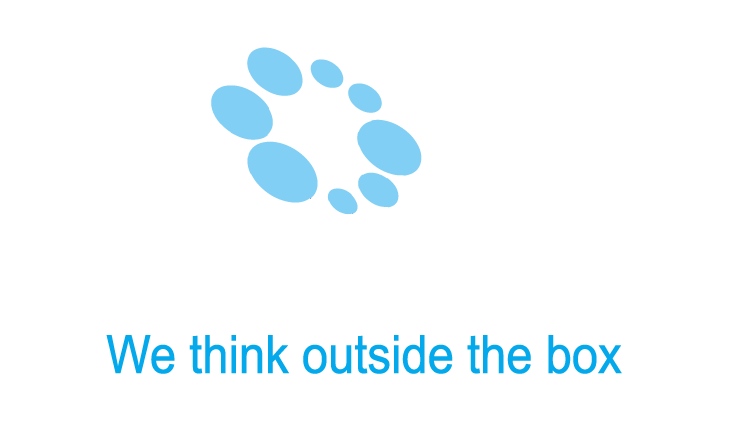Information Technology
Anytime you Think
The term Information Technology, which combines the meaning of two different aspects of modern science, indicates the automatic processing of the information by means of computers.
Memetech is at the center of today’s technological revolution. As a leader in application software, we help organizations and institutions, especially in Emerging Markets, to face the negative effects of complexity, create new opportunities for innovation and growth, and maintain an edge over the competition. Our efforts are oriented on seeking to address Information Technology efficiency problems, not only reducing costs but improving and developing capabilities that enable innovation and agility, this makes Memetech an ideal Technology Partner.
In a business context, the Information Technology can be defined as “the study, design, development, application, implementation, support or management of computer-based information systems”. This includes also other activities: network administration, Software Engineering and installation, and the planning and management of an organization’s technology life cycle, by which hardware and software are maintained, upgraded and replaced. The business value of information technology lies in the automation of business processes, provision of information for decision making, connecting businesses with their clients, and the provision of productivity tools to increase efficiency.
Sectors of intervention
- Governmental Institutions
- Research Centers
- Universities
- Healthcare
- Defence
Technical Competences
- Audio – Video (Broadcasting)
- Physical and Logical Security (Cyber Security)
- “Intelligent” Rooms
- Geospatial Analysis
- “Enterprise” Solution
- Document and Content Management
Today and tomorrow. The development of Information Technology and the technological progress
The first taste of this type of technology started at the end of Second World War when we had the first computers, sort of electronic calculating machines that could be programmable and showed very high performances. Their first mission was to support the insufficient human capacities in terms of numerical calculus, then they had to be able to process a large number of data in a very short time.
Thanks to the impressive progress in electronics and automation, computers lived a very rapid development, so after about thirty years they started offering a calculation power that was 30% higher than the one of the previous year, at an inversely proportional cost. Parallel to such technological progress, a formal approach of computers as a science appeared in the Fifties and established the mathematical bases for the cybernetics, while the theory of the information was elaborated.
When engineers understood that its field of application could have been extended well beyond the simple numerical calculus, the computer science rapidly took a new direction and computers were conceived for the processing of the information in its general meaning and the first programming languages, related to business management problems were developed.
After years of innovations, this process has led to a science called Information Technology, properly defined as the use of computers to store, retrieve, transmit, and manipulate data or information.

